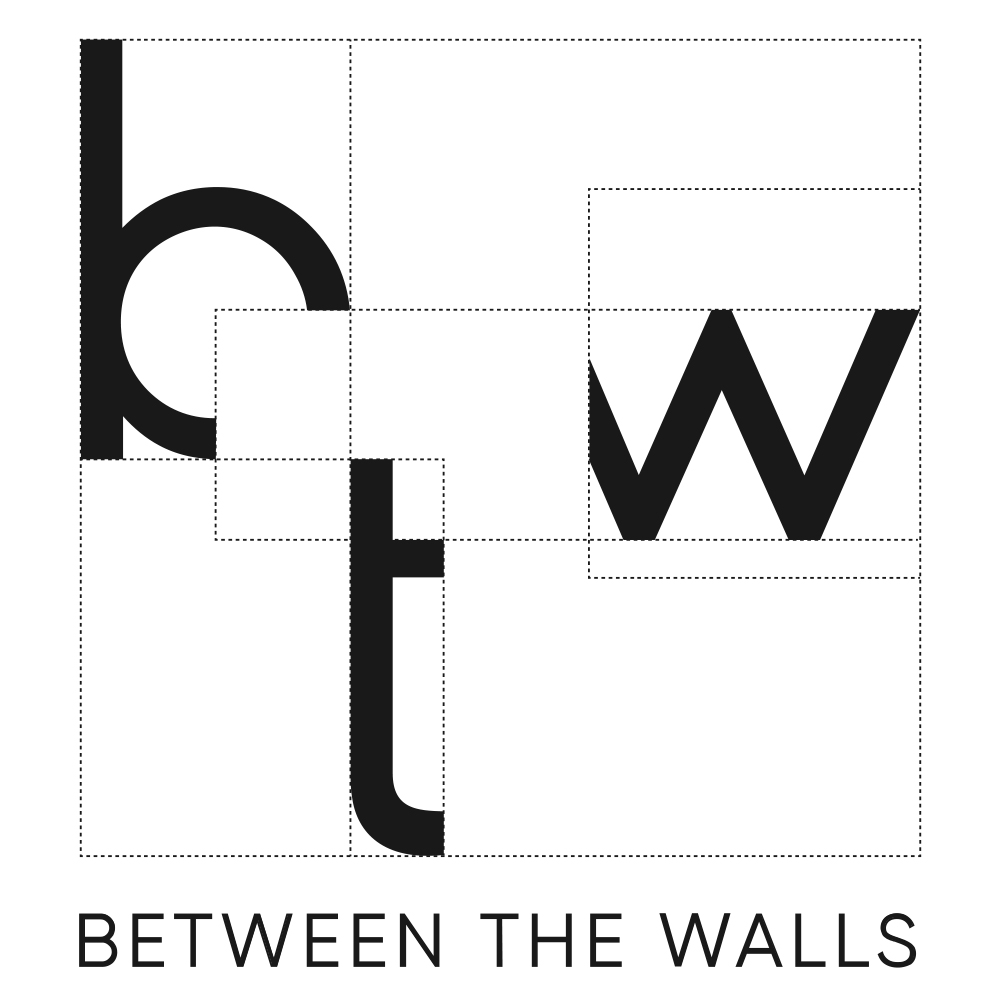Tatiana Khodakova
Anxiety is a tax on a future that may never come. Don’t pay in advance.
In the modern world, where information pours in in an endless stream and multitasking has become the norm, many of us face a constant sense of fatigue. We look for causes in lack of sleep, poor nutrition, or physical strain. However, often the true culprit lies deeper—in the unceasing inner dialogue that we call the “word mixer”.
This constant “word mixer” is the endless flow of thoughts, ideas, plans, memories, worries, and judgments that churns in our heads 24/7. Even when we try to relax, our brain continues to work in the background, processing information and generating new thoughts. This isn’t just inner speech; it’s active, continuous mental activity that quietly but inexorably drains our energy.
HOW DOES THE “BRAIN MIXER” LEAD TO EXHAUSTION
Brain overload: Imagine a computer that’s constantly running at full capacity, performing dozens of programs at once. Sooner or later it will start to lag and slow down. The same thing happens to our brains. The constant processing of information, analysis, planning, and mulling over problems requires a huge amount of energy. The brain, like any other muscle, needs rest, and the “word mixer” deprives it of that opportunity.
Decline in concentration and productivity: When your inner world is filled with a chaotic stream of thoughts, focusing on a single task becomes incredibly difficult. You’re constantly distracted, switching from one thought to another, losing track of the thread of the conversation or the meaning of what you’re reading. This leads to longer times needed to complete tasks and, as a consequence, greater mental strain and frustration.
Emotional burnout: The “word mixer” often carries a negative connotation. It can include anxious thoughts about the future, regrets about the past, self-criticism, and endless analysis of mistakes or perceived injustices. Constantly dwelling in this negative mental space leads to the accumulation of stress and worry, and ultimately to emotional exhaustion.
Sleep disruption: One of the most obvious reasons the “word mixer” causes fatigue is its impact on sleep. When our brain remains active even at night, falling asleep becomes difficult, and sleep becomes shallow and interrupted. We wake up tired, and the cycle of depletion continues.
Missed opportunity for recovery: Moments of quiet and stillness, when the brain can recharge and restore its resources, are becoming rare. Instead, we constantly stimulate it with new information, whether by scrolling the news feed, listening to podcasts, or watching videos. We fear silence, not realizing that these moments allow our brain to recover.
Understanding that the constant “word mixer” is a significant driver of fatigue is the first step toward changing the situation.
Now we’ll look at other hidden causes of fatigue and discuss practical steps to help you restore your energy and mental clarity.
We often underestimate the impact of our thoughts on our physical and mental state. One of the most insidious phenomena in this context is anxious anticipation. It may seem like just thoughts, but for our brain the difference between a real threat and its anticipation is almost erased.
Anticipation Is Physical Pain: How It Works
Scientific studies show an astonishing fact: the same areas of the brain activate when you anticipate something bad as when you actually experience physical pain. This is not just a metaphor. When you anticipate an unpleasant conversation, the results of medical tests, or the resolution of a difficult situation, your brain reacts as if the threat is already here and now.
The brain does not distinguish reality from imagination: for it there is no difference between being hit right now or simply waiting for bad news. It triggers the same cascade of reactions: it releases stress hormones (cortisol, adrenaline), tenses the muscles, increases heart rate, preparing the body for the “fight or flight” response. This is an ancient defense mechanism designed for survival, but in conditions of constant anxious anticipation it becomes destructive.
Exhaustion for no apparent reason: Your body is already suffering even if there is no real threat. You experience physical tension, a racing heart, and digestive problems—all consequences of stress hormones. The constant activation of these systems without a real need leads to colossal depletion. You feel drained, as if you’ve run a marathon, even though you were just replaying negative scenarios in your head.
Imagination is worse than reality: Anxious anticipation can be more exhausting than the problem itself. Why? Because our imagination often embellishes scenarios that are far worse than the actual situation. We create the bleakest outcomes in our minds, reliving them again and again, thereby increasing our suffering.
What to do about this? Learn to live in the present.
Acknowledging that anxious anticipation wears you down is the first step. The next and most important step is to learn how to manage this state. The key is the ability to live in the present.
Realize that anxiety is a tax on the future. Reflect on this idea: “Anxiety is a tax on a future that may not happen. Don’t pay it in advance”. This is not just a pretty metaphor. Every time you endlessly replay catastrophes that haven’t happened yet, you pay a high price—your energy, calm, and health. You’re paying for something that may never occur.
Practice mindfulness: This isn’t esoterica but a scientifically proven method. Mindfulness teaches you to focus on the present moment, on your sensations, your breathing, and the sounds around you. When you notice that thoughts carry you into an anxious future, gently bring yourself back to the present. You can do this through breathing exercises, short meditations, or simply by paying deliberate attention to what you are doing in the moment.
Accept uncertainty: Life is full of uncertainty, and that’s normal. It’s impossible to eliminate worry completely, but you can learn not to let it control you. Accept that you can’t control everything, and focus on what lies within your influence.
Remember: while you replay possible catastrophes, your body is already living in them, experiencing real stress. By learning to stay in the present moment, you can significantly reduce this invisible drain and reclaim energy for a full life.
Our own resistance is an unseen source of fatigue. Sometimes we look for the causes of our tiredness in external circumstances, in other people, or in excessive workload. However one of the most powerful and often overlooked factors of depletion is our internal resistance. This is the invisible struggle we wage with ourselves, forcing ourselves to do things we don’t want to do or to interact with people we find unpleasant.
When “have to” replaces “want to”: When we do something not from genuine desire but because “it must be done”, we expend energy not only on the action itself but also on overcoming internal resistance. It’s like moving a car with the handbrake on: the engine works harder, wearing itself out and consuming far more fuel than necessary.
Working under pressure: Imagine you have to complete a task that triggers internal resistance. It may seem dull, meaningless, or contrary to your values. In addition to the effort involved in performing the task, you will expend a huge amount of energy persuading yourself to start, forcing yourself to continue, and fighting the urge to give up. By the end of the day you feel drained, even if you haven’t accomplished anything extraordinary.
Burnout from an unpopular job: This mechanism lies at the heart of many cases of professional burnout. It’s not only about workload, but also about not being able to genuinely embrace what you do. If every day you go to work feeling internal resistance, the ongoing struggle with this resistance drains you to the point that energy simply runs out.
Energy vampires or your resistance? The mechanism of inner resistance is especially evident in interpersonal communication. We’ve all faced situations after talking with someone when we feel absolutely drained. It’s easy to blame the other person and label them an energy vampire. Yet often the real cause lies not in them but in ourselves:
Communication by force: If you are forced to communicate with someone you dislike, or to have a conversation that triggers your inner repulsion, you spend the lion’s share of your energy overcoming this resistance. You choose your words, control your emotions, and suppress your dissatisfaction—all of this requires colossal internal effort.
Bottom line — exhaustion: After such a conversation you’re left with no energy, and you’re mistakenly linking it to the other person’s influence. In reality, it wasn’t they who drained your energy; you wasted it by fighting your own reluctance. Your system was in self-defense mode, even if outwardly everything seemed peaceful.
What to do about this? The path to restoring energy.
Understanding that our own resistance is a powerful factor in exhaustion opens the door to change.
Acceptance instead of struggle: the ideal scenario is to calmly accept people or activities. If you can change your attitude, find the positive aspects or meaning in what you do, inner resistance will decrease, and energy will stop draining away. This requires self-work, mindfulness, and perhaps a shift in perspective.
Evaluate the cost of acceptance: However, if you spend more energy convincing yourself to “accept” than on the action itself or on the communication, this strategy may be ineffective. In such cases, it’s sometimes easier and simpler to change jobs or stop the communication that you find unpleasant.
Revision of your life: To understand exactly what drains you, observe all of your activities and all of your interactions. Ask yourself:
- What brings me joy and energizes me?
- What do I do under compulsion or by force?
- After interacting with whom do I feel energized, and after whom do I feel drained?
Courage to change: Identify the areas of life where internal resistance is greatest, and dare to reorganize your life so that more of it brings you joy. It may be difficult and require courage and changes, but it’s an investment in your well-being and in reclaiming the energy you’ve lost. Sometimes it’s precisely saying no to what you “have to” do if it destroys you from the inside that lets you breathe fully again.
Remember: Your energy is your most valuable resource. Don’t let it drain in an endless struggle with yourself.
Summary: We began our article by exploring the less obvious sources of exhaustion that often lie beyond the usual ideas of fatigue. It turns out that, besides physical strain and lack of sleep, our energy is quietly but steadily drained by internal mental processes we face daily.
We examined three key factors in detail:
Constant inner chatter — the relentless internal dialogue, stream of thoughts, and worries that overload the brain, reduce concentration, and interfere with proper rest, leading to chronic mental fatigue. The brain, constantly operating at high speed, simply cannot recover.
Anxious anticipation: We’ve found that for our brain there is no fundamental difference between real physical pain and the anticipation of something bad. The same brain areas are activated, the same stress hormones are released, preparing the body for a nonexistent threat. This exhausts us just as much, and sometimes more than the problem itself, because our imagination often paints scenarios worse than reality. We pay a “future tax” that may not exist.
Self-resistance: This factor turned out to be one of the most insidious. When we force ourselves to do what we don’t want to do, or to interact with people we dislike, we spend energy not only on the task itself but also on the invisible struggle with our own internal resistance. This struggle tires us out far more than the action itself, often misattributed as fatigue to energy vampires or to overwork, though the cause lies in our reluctance to accept the situation.
Recognition of these hidden causes of exhaustion is already half the path to a solution. Your energy is not infinite, and its leakage into inner chatter, anxious anticipation, and internal resistance leads to chronic fatigue, apathy, and burnout.
SO, WHAT SHOULD WE DO?
Start with awareness: Observe your thoughts. Notice when you fall into endless inner monologue, when you replay anxious scenarios about the future, or when you feel inner resistance to a task or interaction. Simply being aware already gives you the power to choose.
Practice the here and now: Mindfulness techniques, meditation, and breathing exercises help bring your focus back to the present moment. Don’t live in the past or the future, which drain you—focus on what’s happening right now.
Reconsider your “musts“: Carefully analyze what you do from genuine desire and what you do out of duty, overcoming resistance. If the inner “I don’t want to” is too strong, and attempts to “accept” the situation drain more energy than the problem itself, it may be time for decisive changes. Sometimes the simplest way to restore energy is to stop doing what’s destroying you.
Use energy wisely: Organize your life so that more joyful moments, activities you enjoy, and interactions with pleasant people are present. Dare to make changes, even if they seem hard. Your well-being and energy level are the main indicators of how harmoniously you live.
Remember: Fatigue isn’t always due to lack of sleep or overwork. Often it’s a signal from your body and mind to reassess your inner beliefs and habits. Restoring energy begins with noticing where it leaks and having the courage to change what drains you.
Which of the items above resonates most with you, and where are you ready to start making changes?
Translated by Maria Zayats
Photo by Mushaboom Studio
Read also:

Татьяна Ходакова
Практический психолог
Интегративный подход






